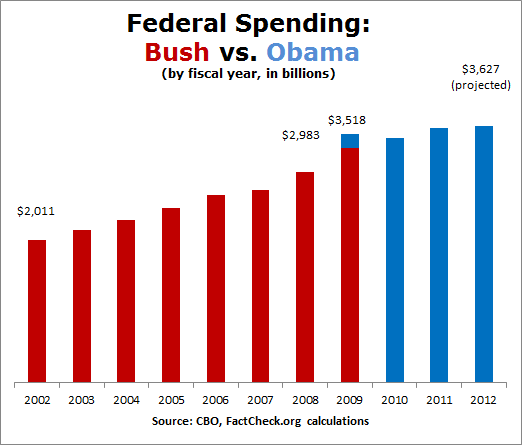EdwardBaiamonte
Platinum Member
- Nov 23, 2011
- 34,612
- 2,153
- 1,100
Your opinion, step. And you know how much I respect your opinion. I just try to be honest.So, you are apparently saying the house and/or senate had some influence on it. That would be normal. But by signing it, bush agreed to it. It was, indeed, his budget.
You're beyond retarded. Congrats!
his opinion is libertarian and you have admitted 100 times you lack the IQ to present a substantive objective to it! Who do you think you're fooling here with your spamming personal attacks to cover up your ignorance?
So tell us genius, what is your objection to libertarian philosophy or admit for the 101st time your pure liberal ignorance.


